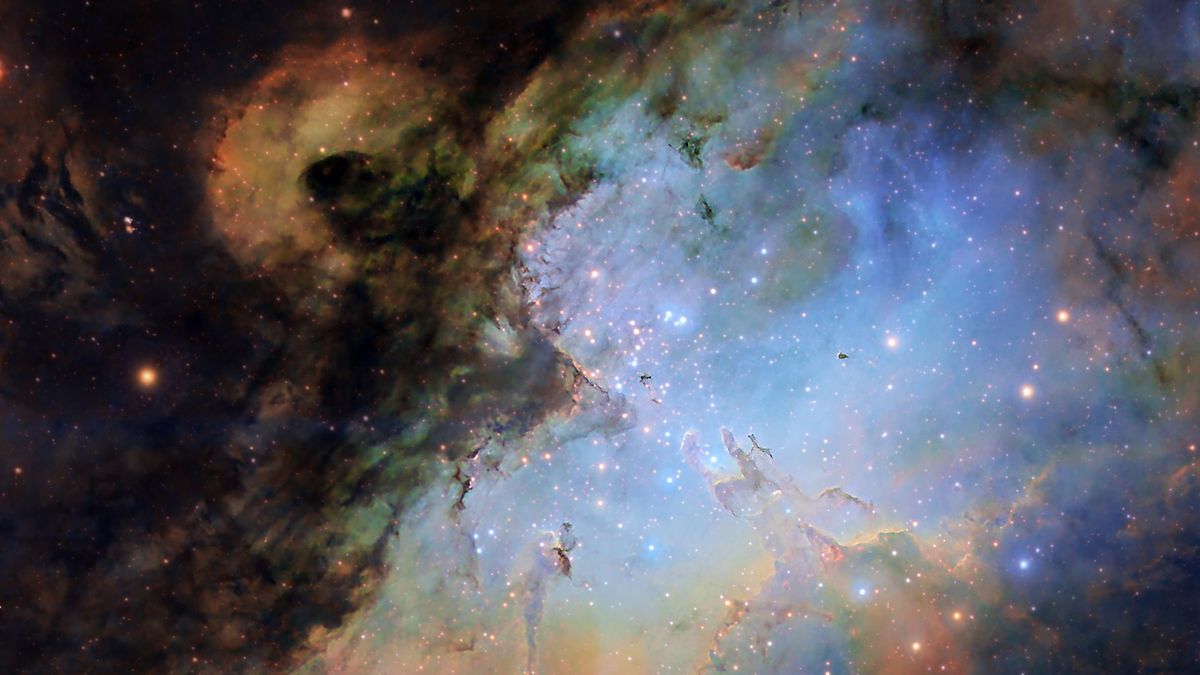Dark Matter Mystery: Scientists Admit Cosmic Ignorance in Stunning Revelation

The enigma of dark energy continues to baffle scientists, representing one of the most profound mysteries in contemporary cosmology. Despite decades of rigorous research and cutting-edge technological advancements, the fundamental nature and origin of this elusive cosmic force remain tantalizingly out of reach. Unraveling the secrets of dark energy stands as a monumental challenge, pushing the boundaries of our scientific understanding and promising to revolutionize our comprehension of the universe's fundamental mechanisms.

